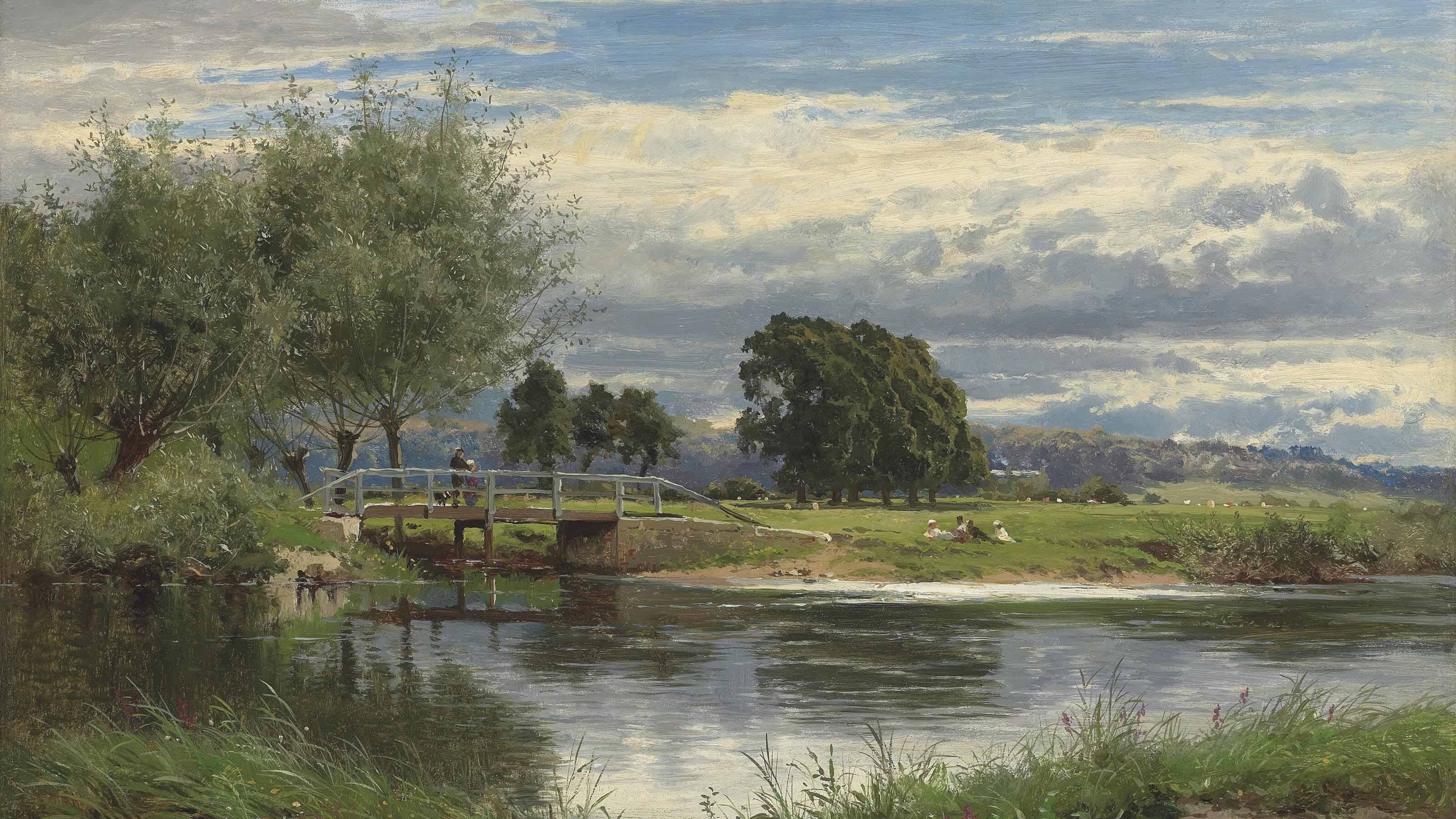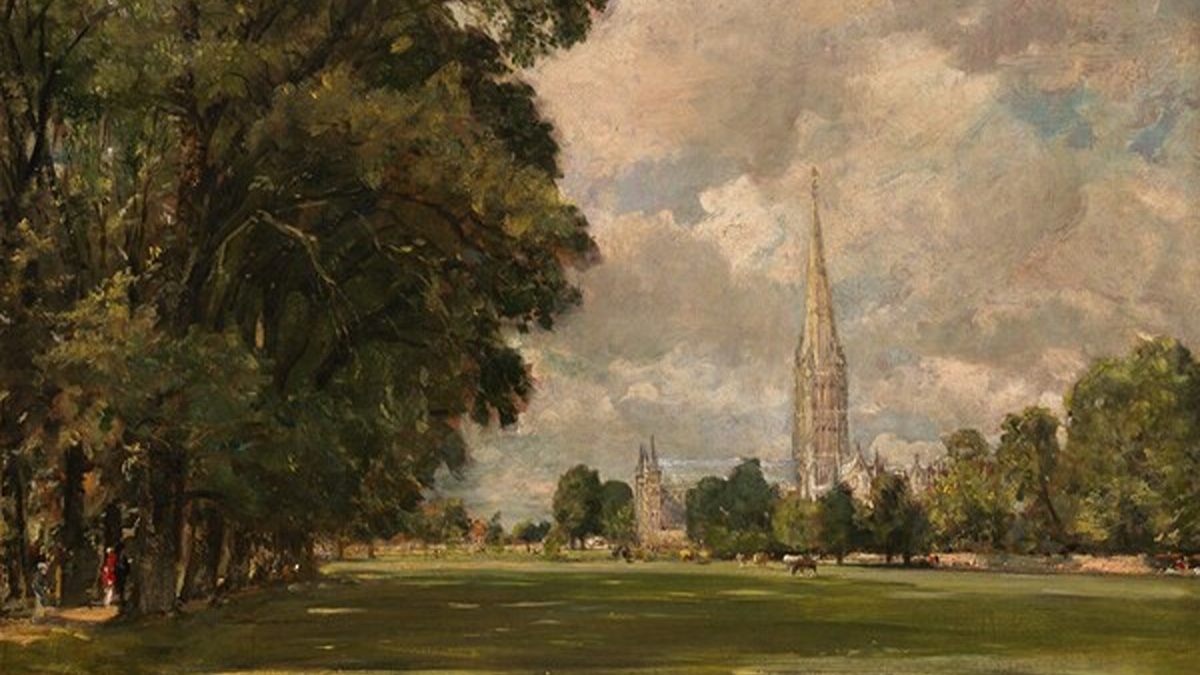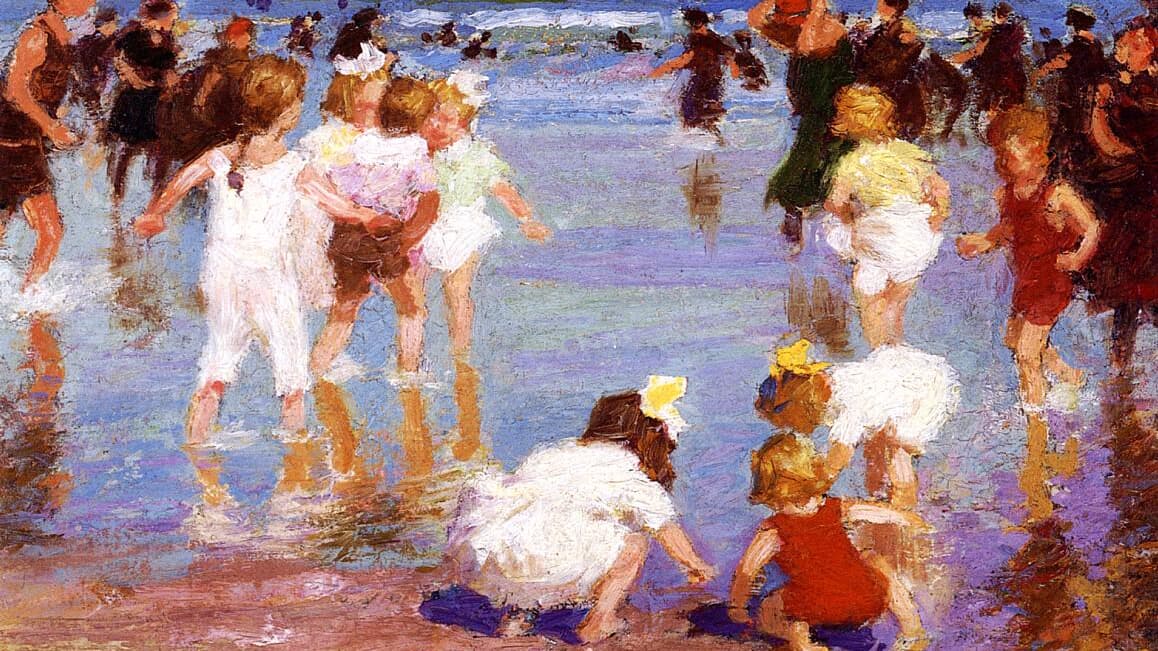George Butterworth’s “The Banks of Green Willow”: A Musical Illustration
It is hard to read the biography of English composer George Butterworth without imagining what might have been. A close friend of Ralph Vaughan Williams, Butterworth traveled England’s “green and pleasant land,” collecting more than 450 folk songs. Butterworth’s music was influenced by these songs, and by the land itself. Butterworth signed up for military service enthusiastically at the outbreak of the First World War. Before leaving home, he took inventory of …







